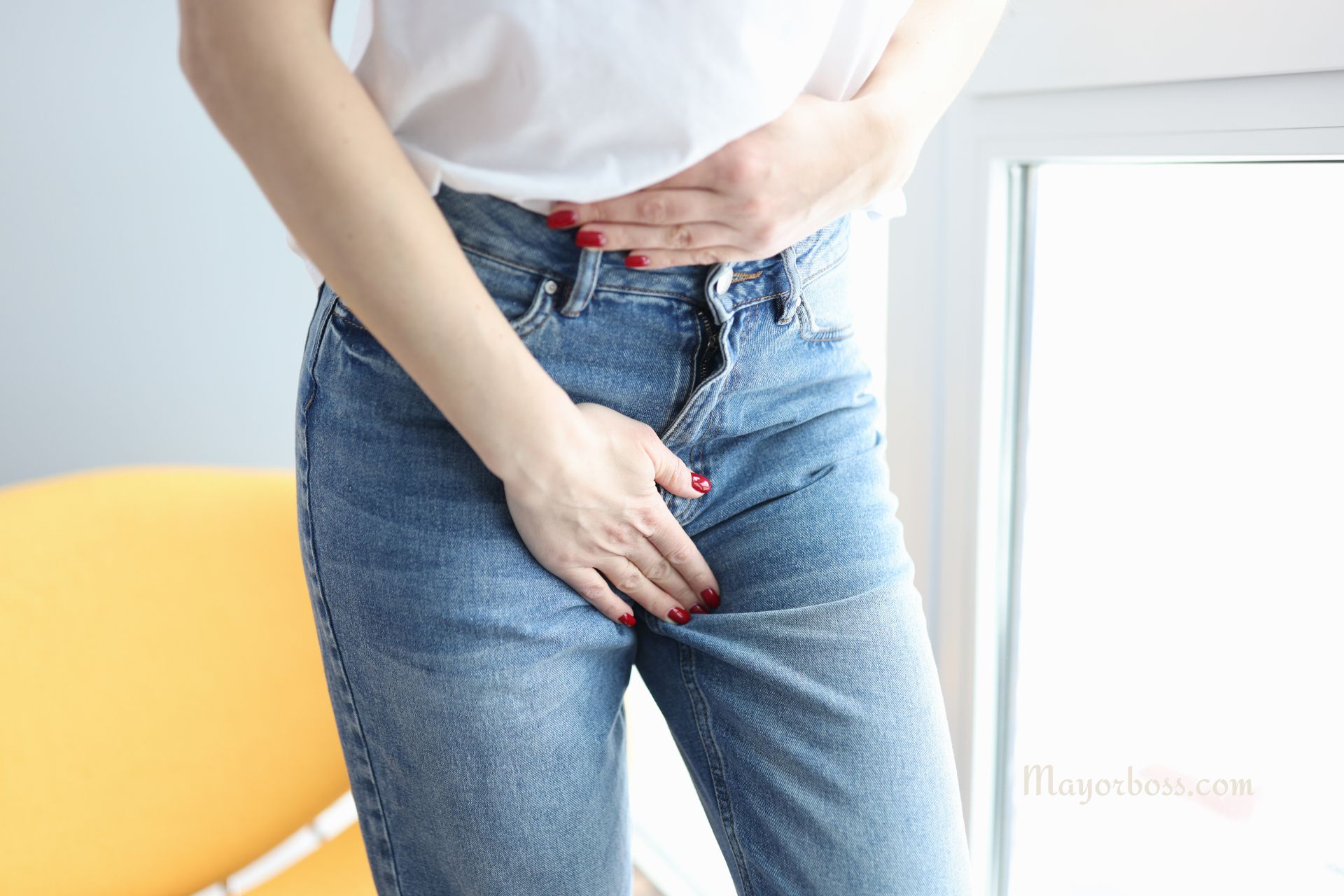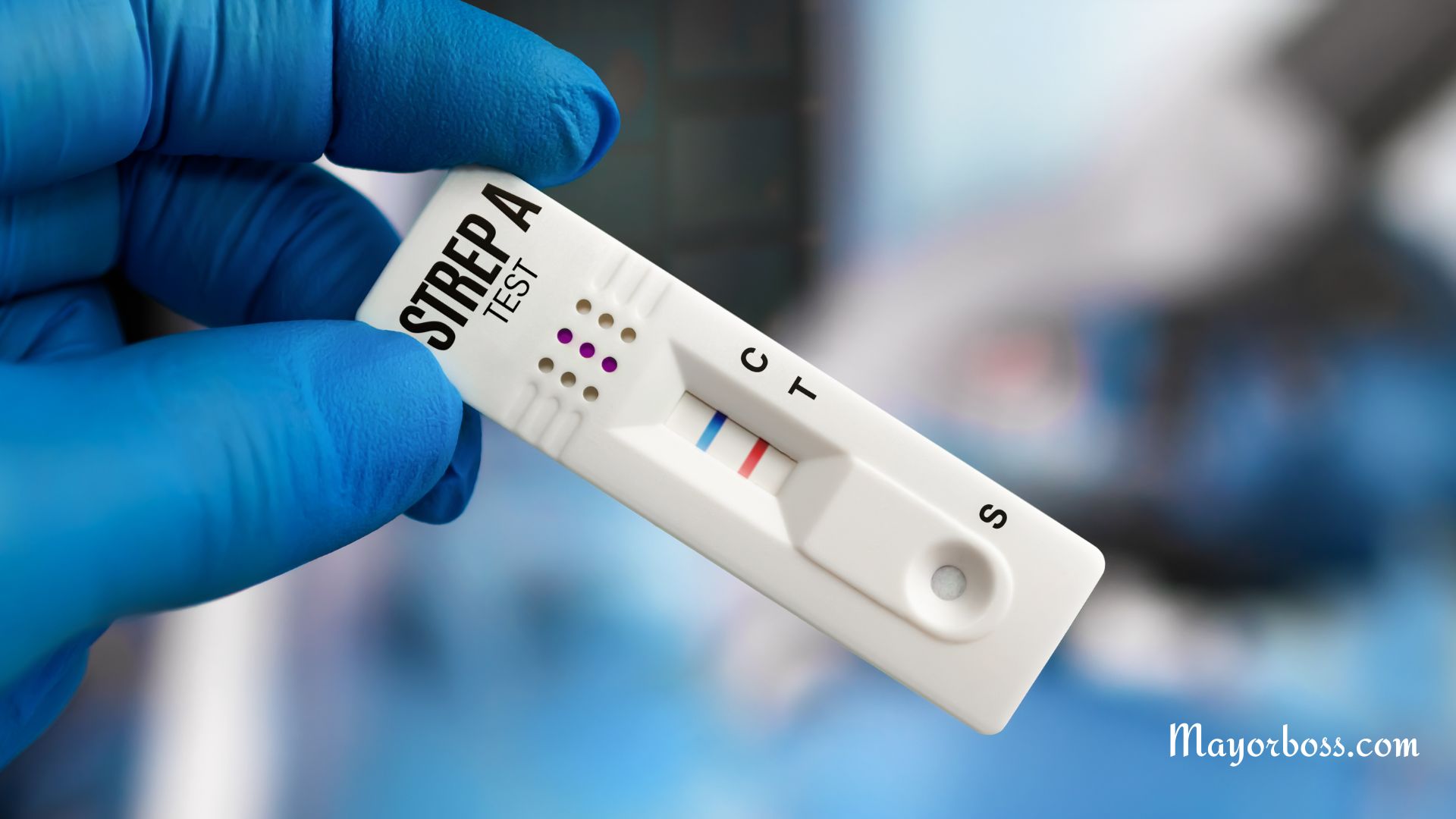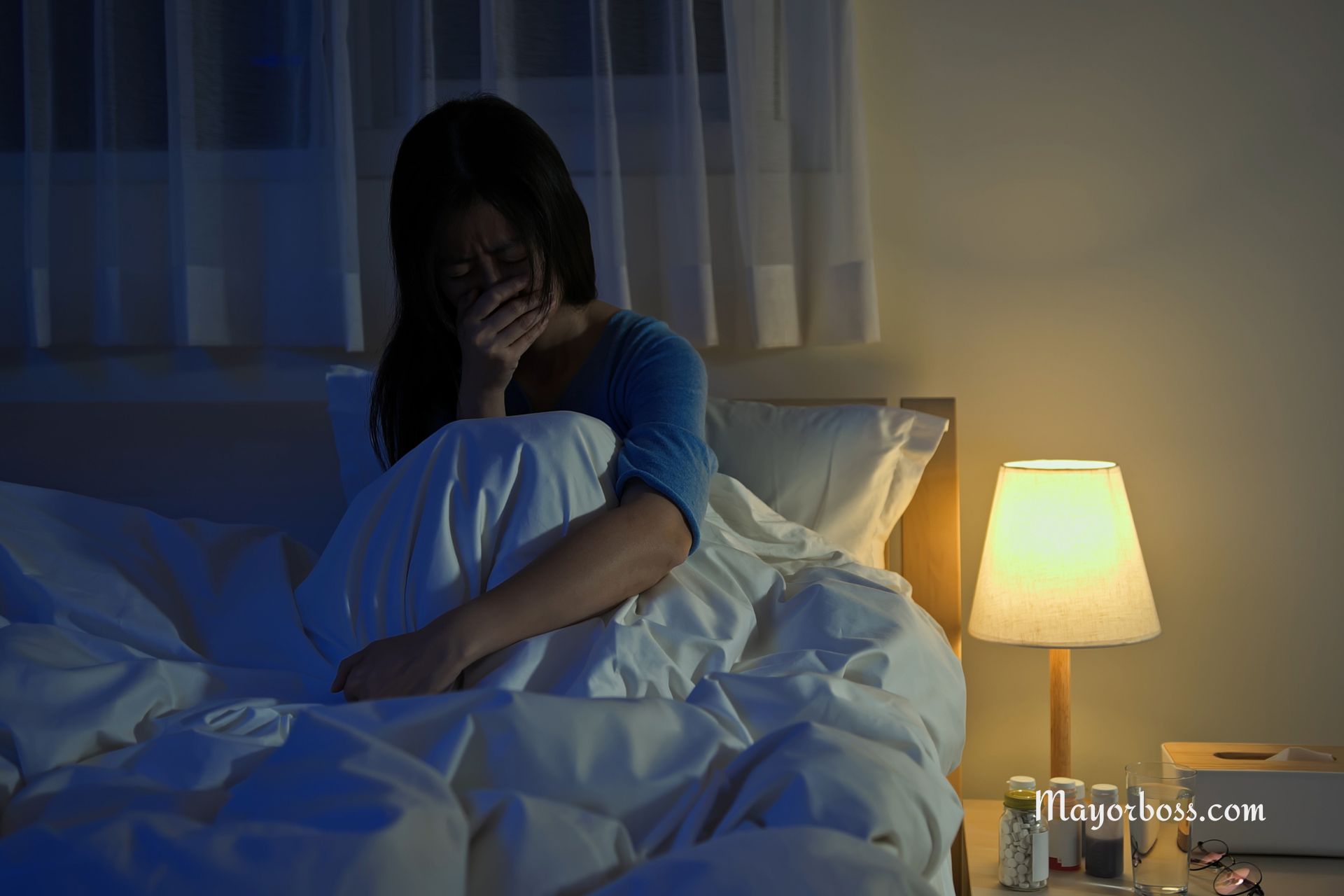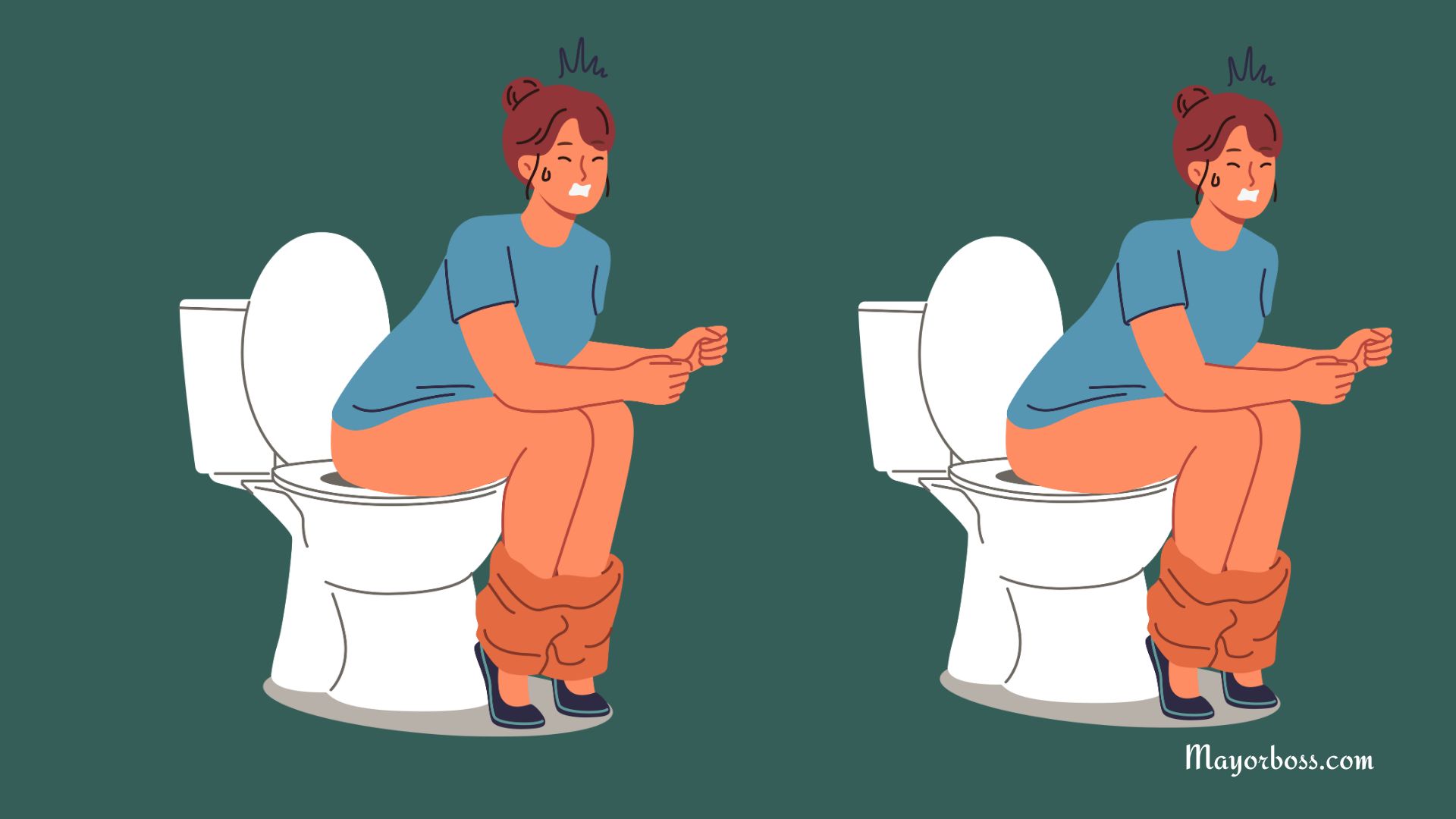Eye Twitching? Here’s Why You Should See a Doctor Right Away!
Here is what you need to know about eye twitches and when you might need to see a doctor. Most of the time, eye twitching is not serious. The medical name for it is myokymia, and it usually happens because of stress, being tired, drinking too much caffeine, or eye strain. It’s just your body’s way of reacting to things. For example, staring at a screen for too long or not getting enough sleep can make your eye twitch.
Eye twitching often stops on its own. Resting for a day or two, drinking less caffeine, and getting enough sleep usually helps it go away. However, not all eye twitches are harmless. Some twitches might mean something more serious is going on.
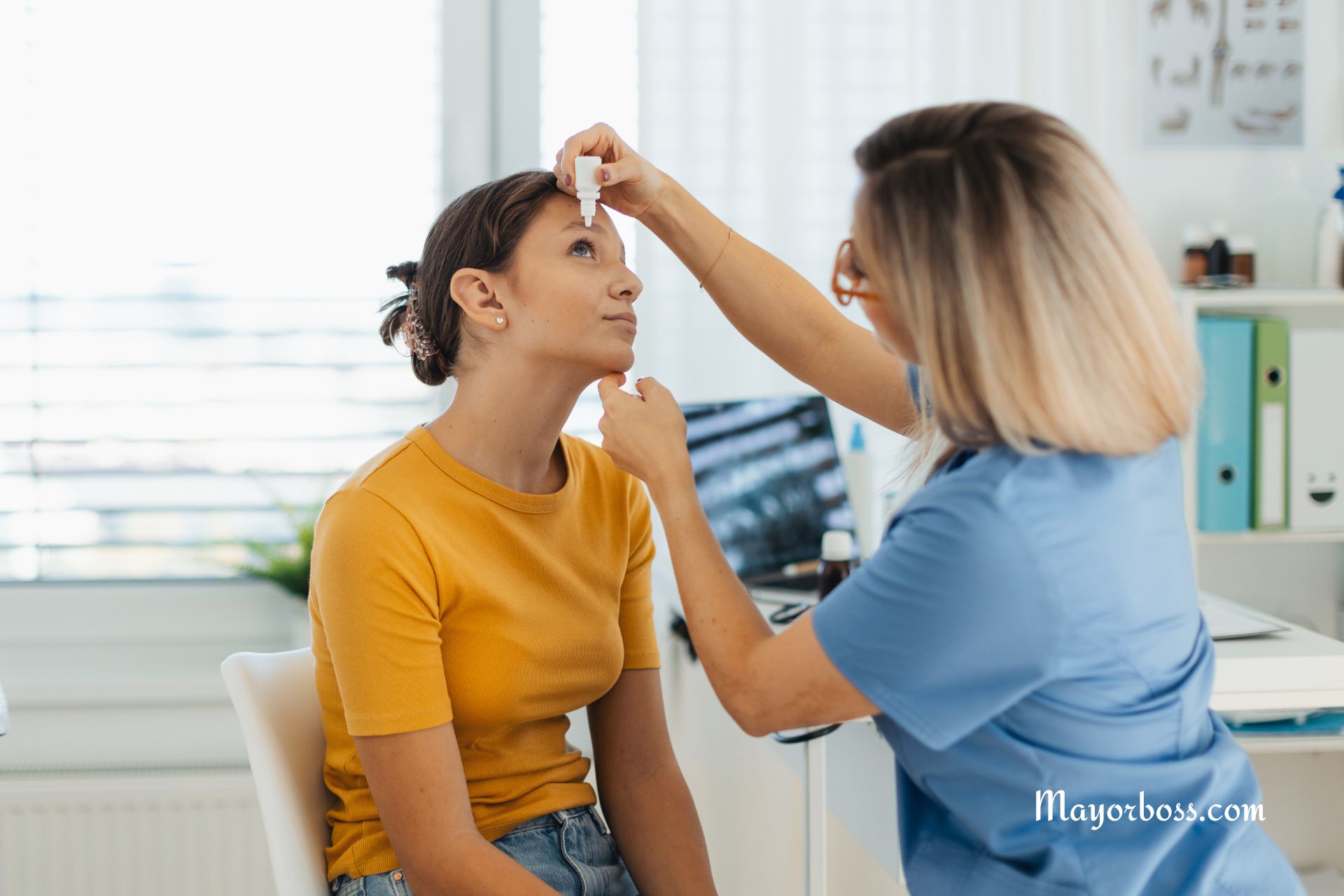
When Eye Twitching Might Be a Sign of Something Serious
Dr. Iroko Anita, a certified medical doctor, says, “An eye twitch that lasts for a long time or happens along with other symptoms could mean something more serious.” This means that not every twitch should be ignored. If you have other symptoms along with an eye twitch, it might point to a health problem.
Dr. Anita says that if your eye twitching comes with other symptoms—like a drooping eyelid, changes in vision, or trouble moving part of your face—it’s very important to “see a doctor immediately.” These symptoms could be signs of a neurological problem like Bell’s palsy or even something more severe like a stroke.
Don’t Ignore Persistent Eye Twitching
Eye twitches that last more than a week, even if they are mild, shouldn’t be ignored. Dr. Anita says, “Eye twitching that doesn’t go away or gets worse over time may need medical attention.” If an eye twitch lasts for a long time, it might mean something more than just stress or tiredness. It could be a condition like blepharospasm, which is when the eyelid blinks or spasms without control. This condition can sometimes be very uncomfortable if it is not treated.
Another problem that can cause frequent eye twitching is hemifacial spasm, which is when one side of the face has muscle spasms. Dr. Anita says that while these problems are rare, they need treatment from a doctor to manage them properly.
Other Symptoms That Mean You Should See a Doctor
It’s not just ongoing twitching that you need to worry about. Dr. Anita says that any eye twitch that comes with symptoms like redness in the eye, swelling, or discharge should also mean you need to see a doctor. “These symptoms may mean there is an infection or another eye problem that needs treatment right away,” she says.
If your eye twitch comes with double vision or loss of part of your vision, it could be a problem with your optic nerves. In these cases, Dr. Anita says, “It’s always best to get a doctor’s opinion as soon as possible.”
Things That Can Make Eye Twitching Worse
Dr. Iroko Anita says there are some things that can make eye twitching worse. Stress is a big reason—many people notice that their eye twitching gets worse when they are more anxious. She says, “Stress management techniques like deep breathing, physical activity, or even meditation can sometimes help reduce eye twitching.
Fatigue is another major cause. If you are not getting enough sleep, it affects more than just your energy levels; your nerves can become overactive, which causes twitching. Alcohol and caffeine are also factors. Both can stimulate your nervous system too much, which makes muscles twitch.
How to Stop an Eye Twitch
How can you stop an eye twitch once it starts? Dr. Anita suggests a few changes to your lifestyle. “First, make sure you are getting enough sleep—usually 7 to 8 hours each night,” she says. Getting enough rest can help your muscles relax and reduce twitching.
Another tip from Dr. Iroko Anita is to “cut back on caffeine.” If you’re drinking a lot of coffee, try to cut it down gradually, as caffeine can make the twitching worse. Also, eye strain can be reduced by taking breaks from looking at screens. Try the 20-20-20 rule: Every 20 minutes, look at something 20 feet away for at least 20 seconds. This helps relax the muscles in your eyes.
Dr. Anita also says that using artificial tears can help keep your eyes lubricated. “If dry eyes are part of the problem, using artificial tears can help reduce irritation that may be causing the twitch,” she explains.
When Should You Be Worried?
For most people, eye twitching is not something to worry about and usually happens because of lifestyle factors. But as Dr. Anita says, “If your eye twitching doesn’t stop within a week, or if it gets worse, it’s time to see your doctor.” Long-lasting twitching could mean your body is trying to tell you something, and it’s always better to be safe.
Another sign to watch out for is if the twitching spreads from your eye to other parts of your face. This could mean there is a problem with your facial nerves. Dr. Anita says that if you notice this, you should make an appointment with your doctor for further testing.


